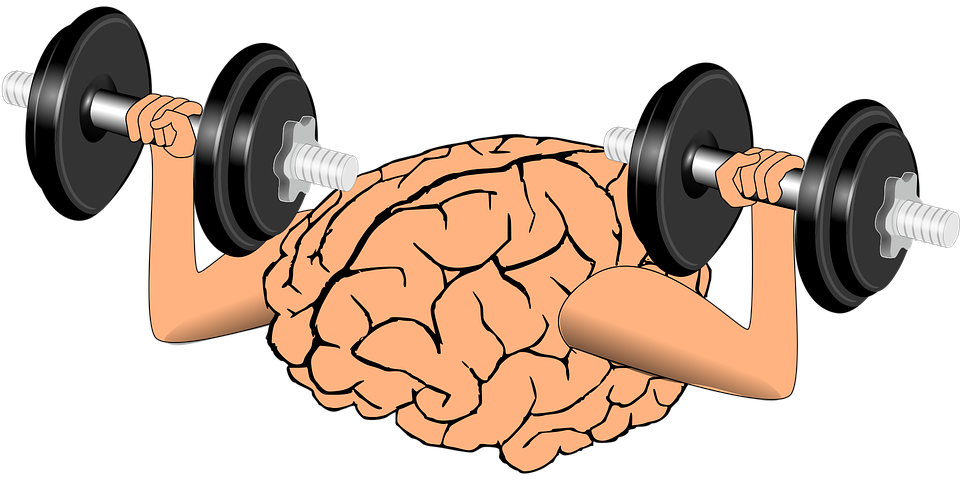This post is also available in Dutch.
Boris Konrad is a neuroscientist at the Donders Institute, world champion in the field of memory. He claims anyone can have a super memory. How? Read it in this interview.

Boris Konrad, neuroscientist at the Donders Institute, works as a memory coach (www.boriskonrad.nl) and does research on what he himself has up in the attick: a superior memory. Boris has won several memory competitions and can be considered a multiple world record holder.
Last month, Boris and his colleagues showed that anyone can develop a better memory through so-called mnemonic training [1]. This is a technique where you convert all kinds of information in your head into images, this way you can remember them better. We asked him a few questions about this incredible finding and about his life as a memory champion.
What motivated you to become a memory athlete?
“I started learning mnemonic techniques and memory training to become a better student. To be honest I was lazy, so it was tempting to find a way to study more efficiently. While I was practicing, I realized how fun memory training was, so when I heard about memory as a sport I gave it a chance.”
How often do you make use of your superior memory?
“Daily. I do use my phone and computer to save numbers and documents, but I use my memory for tasks like learning names and languages. Of course, I also use it to have fun with memory sports.”
Are there any drawbacks to having a superior memory?
“Not really. I apply my methods consciously to make the best use of them, by doing that no unwanted memories come up. But as memory champion I do of course get teased when I forget a name or where my keys are! ”
How do your participants react with their improved memories?
“For the most part, surprised: ‘How is this possible? Why didn’t I know about this before?’ It differs per person to what extent the memory training is learned. Some find the training boring while others really enjoy the new opportunities and benefits a good memory can bring.”
Digitization makes us less dependent on our memory. So why is your research so important?
“Is that right? Many people say that digitization is deteriorating our memory. As a result, the improvement of memory and retention is all the more important!
Of course, we don’t need to remember lectures word for word like the ancient Greeks did. After a lecture, we can download the slides to retrieve the contents. However, it can be dangerous to confuse recognizing something and remembering it. Despite the ‘all-knowing’ Google, we still want to learn things, and learning is dependent on well preserved prior knowledge. Mnemonic techniques are a great way to build on this prior knowledge.
The same is true of ideas: you make associations from memory, not from what you read on Wikipedia. Even the learning of a new language or thinking back to what a person has told you, cannot simply be left to technology. If we let our minds slip, we’ll lose more than just our memories.”
This blog was written by Ralf Weijs.
Edited by Jeroen.
Translated by Marpessa.
Media
http://www.rtlnieuws.nl/editienl/sneller-woordjes-leren-gebruik-de-methode-uit-nijmegen
http://edition.cnn.com/2017/03/08/health/memory-athletes-brain-training-study/
https://www.dekennisvannu.nl/site/media/De-ongekende-kracht-van-belletjes/6374
References
- Dresler, M., et al., Mnemonic Training Reshapes Brain Networks to Support Superior Memory. Neuron, 2017. 93(5): p. 1227-1235 e6.

Sentence 3: up in the attic?